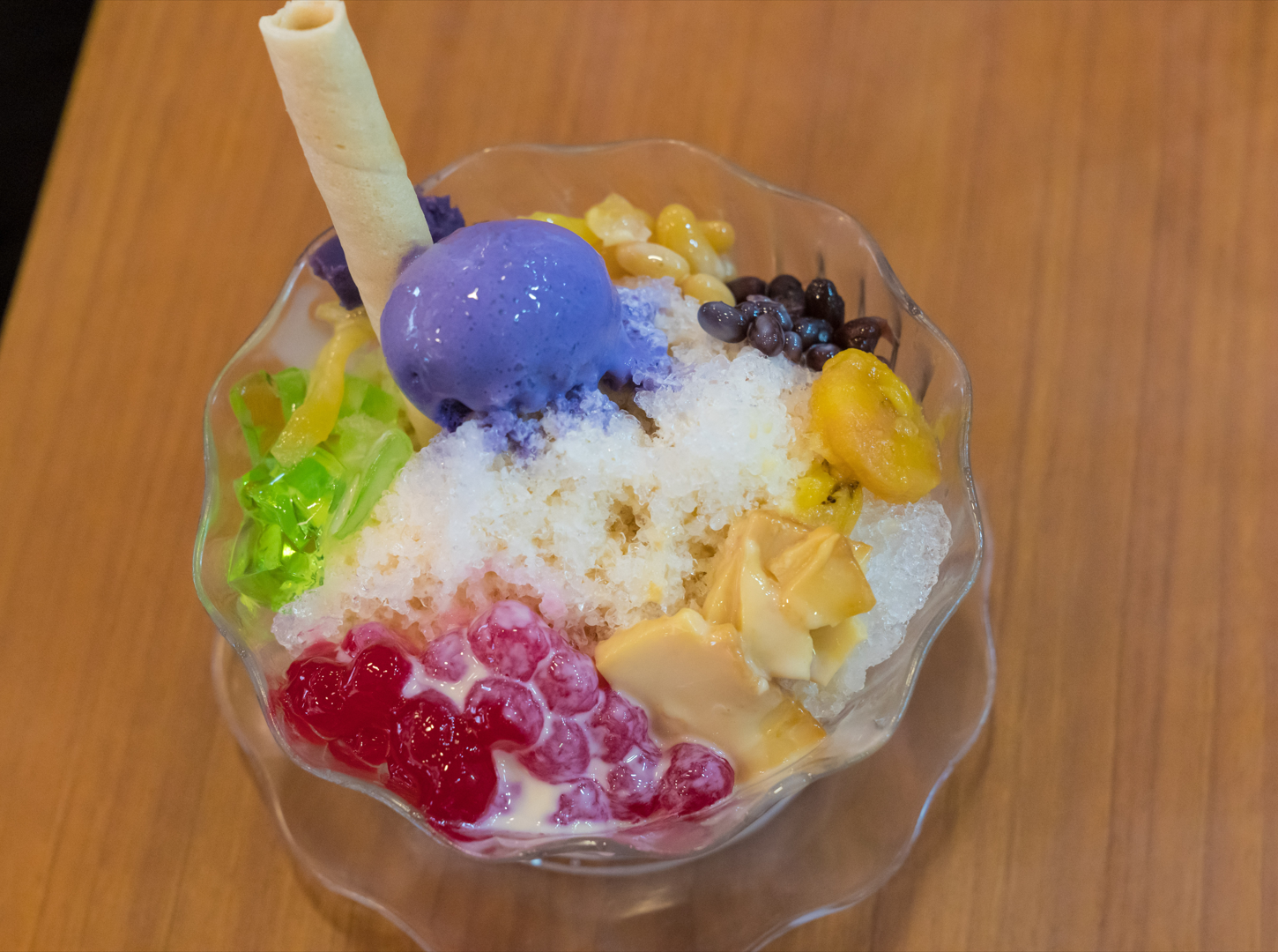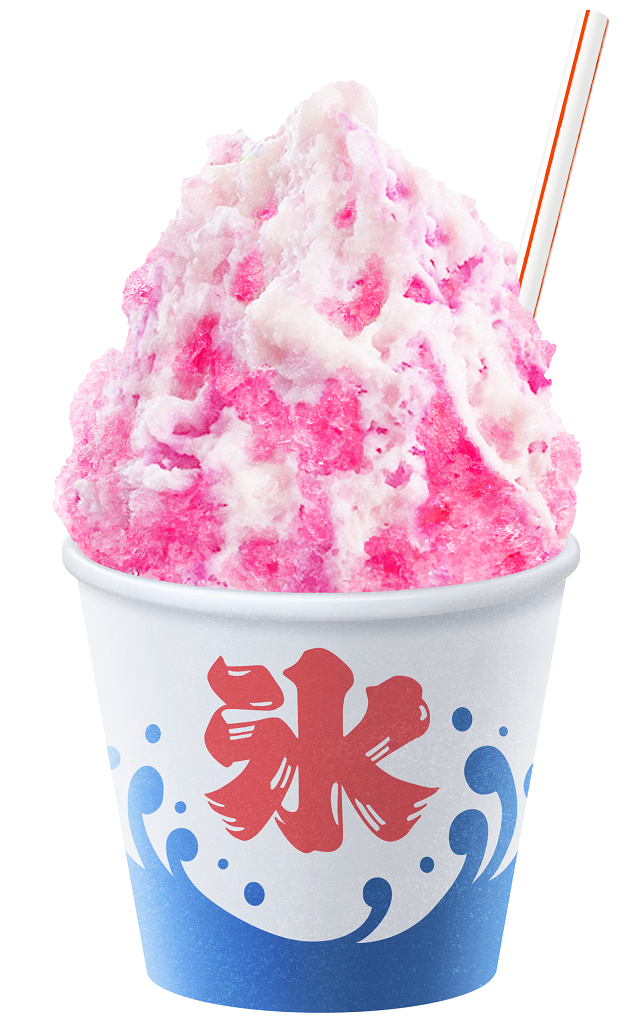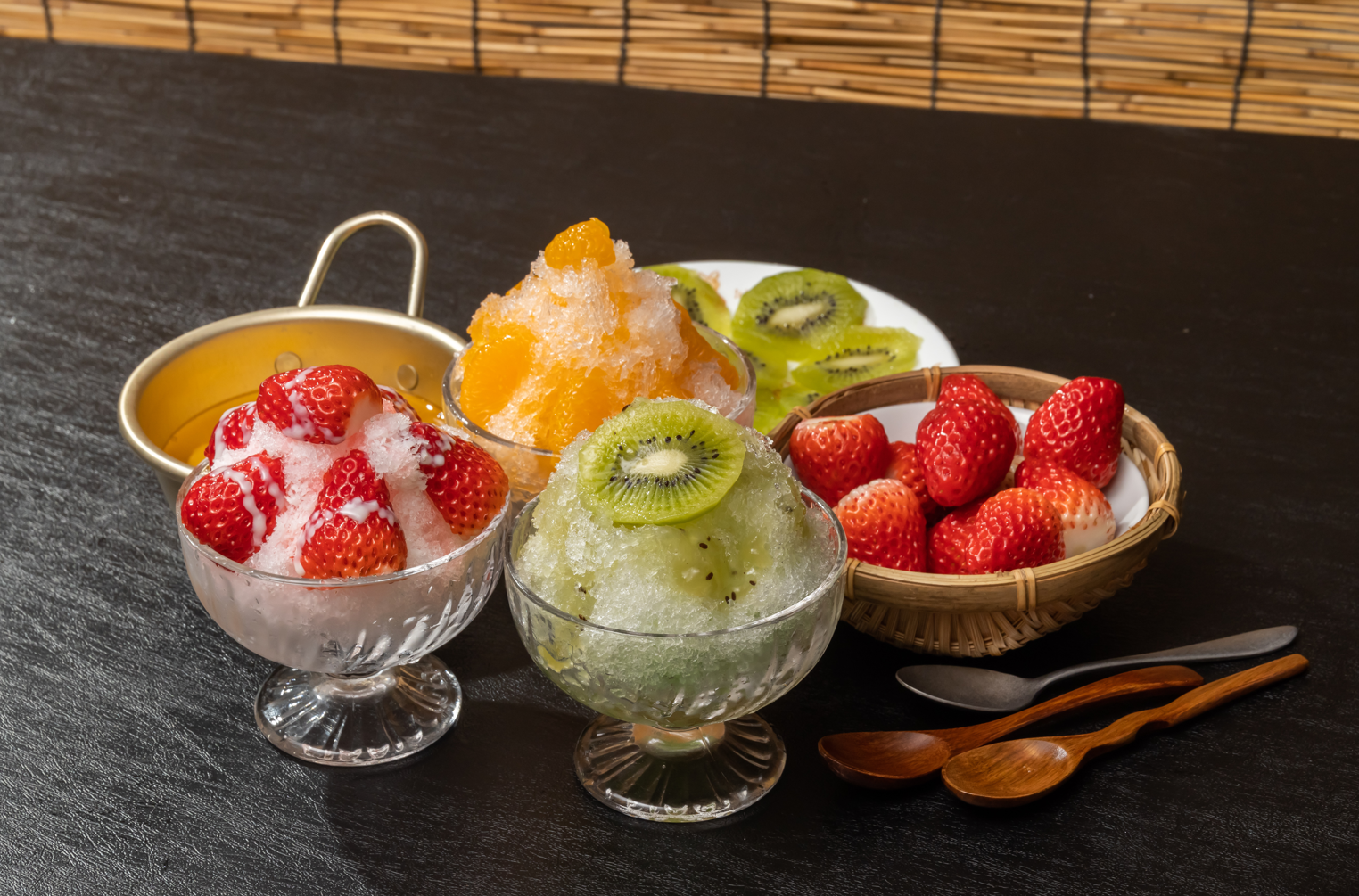What is Japanese Kakigori?
Dating way back to the 8th Century, Japanese Shaved Ice was originally reserved only for aristocrats. Kakigori has since become an icon in Japan and around the world. We’re going to dive into the history, preparation, and variations of Kakigor and also explore the cultural significance of this frozen Japanese Treat.
What is Kakigori?
Kakigori is a traditional Japanese dessert that consists of shaved ice, which is often flavored with sweet syrups, and then garnished with a variety of toppings. It is sometimes referred to as “Japanese shaved ice” or “kakigori ice.”
History of Kakigori
Kakigori has a long and storied history in Japan. It is believed to have originated during the Heian period (794-1185), where it was reserved for the aristocracy. Over time, it evolved into a popular treat enjoyed by people of all ages during the sweltering Japanese summers.
Kakigori Ingredients
The basic ingredients of Kakigori are quite simple: finely shaved ice and a variety of syrups. What makes Kakigori unique is the range of syrups and toppings available, offering a diverse set of flavors and textures.
Popular Variations
Kakigori comes in various flavors and styles. Some popular variations include matcha (green tea) Kakigori, fruit-flavored Kakigori, and even condensed milk Kakigori.
How to Make Kakigori
Creating Kakigori is a delicate art that requires precision and a good sense of flavor combination.
Preparation
- Start by shaving a block of ice into a fine, snow-like texture.
- Choose your desired syrup flavor, which can range from classic strawberry to exotic yuzu.
- Drizzle the syrup over the shaved ice.
Toppings
Common toppings include sweetened red bean paste, mochi (chewy rice cake), fresh fruits, and sometimes a dollop of condensed milk.
Serving Suggestions
Kakigori is often served in a bowl or a tall glass, and the ice and syrup are carefully layered to create a visually appealing dessert.

Kakigori in Japanese Culture
Kakigori has a special place in Japanese culture, particularly during the summertime.
Summer Delight
Kakigori is the ultimate summer delight in Japan. The combination of cool, fluffy ice and sweet syrups provides a refreshing escape from the oppressive heat and humidity.
Festivals and Matsuri
You’ll find Kakigori stands at many Japanese festivals and matsuri (traditional events). It’s a favorite treat for festival-goers, both young and old.
Health Benefits
Kakigori isn’t just a sweet treat; it also has some potential health benefits. The use of fresh fruits and syrups can provide vitamins and hydration, making it a healthier option compared to many other desserts.
Wrapping Up
Japanese Kakigori is more than just a dessert; it’s a cultural experience that encapsulates the essence of summer in Japan. Its rich history, diverse flavors, and cultural significance make it a must-try dessert. The next time you’re in Japan during the summer, be sure to savor a bowl of Kakigori to truly experience the tastes and traditions of this beautiful country.
FAQs
Is Kakigori only available in Japan?
While Kakigori is most popular in Japan, you can find variations of it in other parts of the world, especially in regions with hot summers.
What’s the most popular Kakigori flavor in Japan?
Strawberry is a classic and beloved Kakigori flavor in Japan, especially during the summer months.
Can I make Kakigori at home?
Yes, you can make Kakigori at home with a few simple tools like a shaved ice machine and your choice of syrups and toppings.
What’s the best time to enjoy Kakigori in Japan?
The best time to savor Kakigori in Japan is during the hot and humid summer months, typically from June to August.
What makes Kakigori different from other shaved ice desserts?
Kakigori stands out for its variety of syrups and toppings, which allow for a wide range of flavors and combinations, making it a unique and delightful dessert.


